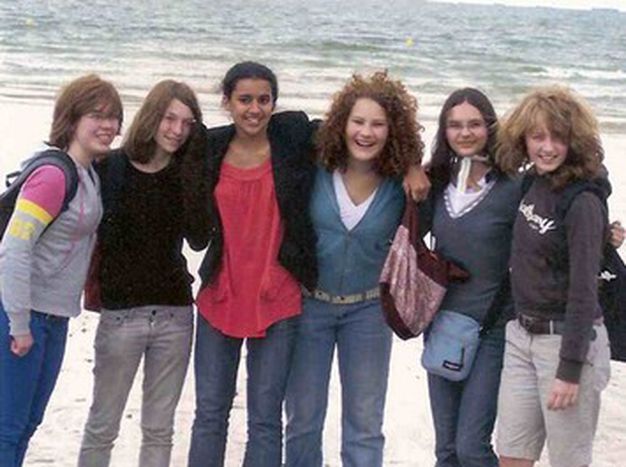
Teachers in France and Germany: not lazy sacks
Published on
Translation by:
Emily GriffinsSpending your time passing on your knowledge of and passion for language and literature - what a wonderful job! However in German and French society, the profession is still unable to shake off its crop of clichés. Vies from two teachers from either side of the Rhine
Gernot, 32, is a secondary school French teacher in the small town of Göppingen, in the region of Stuttgart
 ‘Compared to many other European countries, teachers in Germany are held in fairly high regard. I think this is due to a tradition of respect for the profession, for knowledge and for culture, which has existed for a long time, or at least for a certain time. It’s also thanks to the fact that in order to become a teacher in Germany, you have to study for a long time and pass lots of exams. As a result, teachers in Germany are probably paid well above the European average. They are civil servants, meaning that they’re guaranteed employment for their whole working lives.
‘Compared to many other European countries, teachers in Germany are held in fairly high regard. I think this is due to a tradition of respect for the profession, for knowledge and for culture, which has existed for a long time, or at least for a certain time. It’s also thanks to the fact that in order to become a teacher in Germany, you have to study for a long time and pass lots of exams. As a result, teachers in Germany are probably paid well above the European average. They are civil servants, meaning that they’re guaranteed employment for their whole working lives.
Yet, it’s not so long ago that it was a popularly held belief that teachers were lazy, with failed careers because they hadn’t been able to find a path in industry or the free market. Our ex-chancellor himself, Gerhard Schröder, referred to teachers as dunces (‘faule Säcke’).
'There’s no longer a sense of feeling undervalued'
Fortunately, in the past few years the media have started telling the story of the day-to-day hardships some teachers face in certain schools. They’ve taken a more understanding view of teachers’ work. Nowadays, where I work, there’s no longer a sense of feeling undervalued. Of course, there are still those fuddy-duddies who say that we’re always on holiday, but amongst the people I come into contact with at work, for example the parents of my students, I can feel that they have great respect for and trust us. At the end of the day, that’s what really counts.’
Orane, 36, is a French teacher … in France
‘I think that the teaching profession isn’t valued at all. In my opinion, the problem is a cultural and educational one. It’s the values which are passed on to children, not only by their parents but also by the media, which are to blame. For many young people, their image of success has nothing to do with school. They don’t understand the point of culture, because they don’t see its use. Add to that the poor purchase power of teachers and there’s no chance that they can represent a model of success in the eyes of their students. The profession is socially undervalued. Teachers are no longer considered figures of authority, and so they are no longer respected.
'The image of the teacher who works very few hours and enjoys lots of holidays is well fixed in people’s minds'
What’s more, teachers are badly thought of because they get lumped together with the vast group of civil servants, who are considered to be the ‘privileged’ by private sector employees. The image of the teacher who works very few hours and enjoys lots of holidays is well fixed in people’s minds. And even the feeble salaries, which don’t reflect teachers’ level of qualifications at all and are well below private sector salaries, don’t change these prejudices.’
Translated from Interview croisée : « Un métier pas valorisé »



